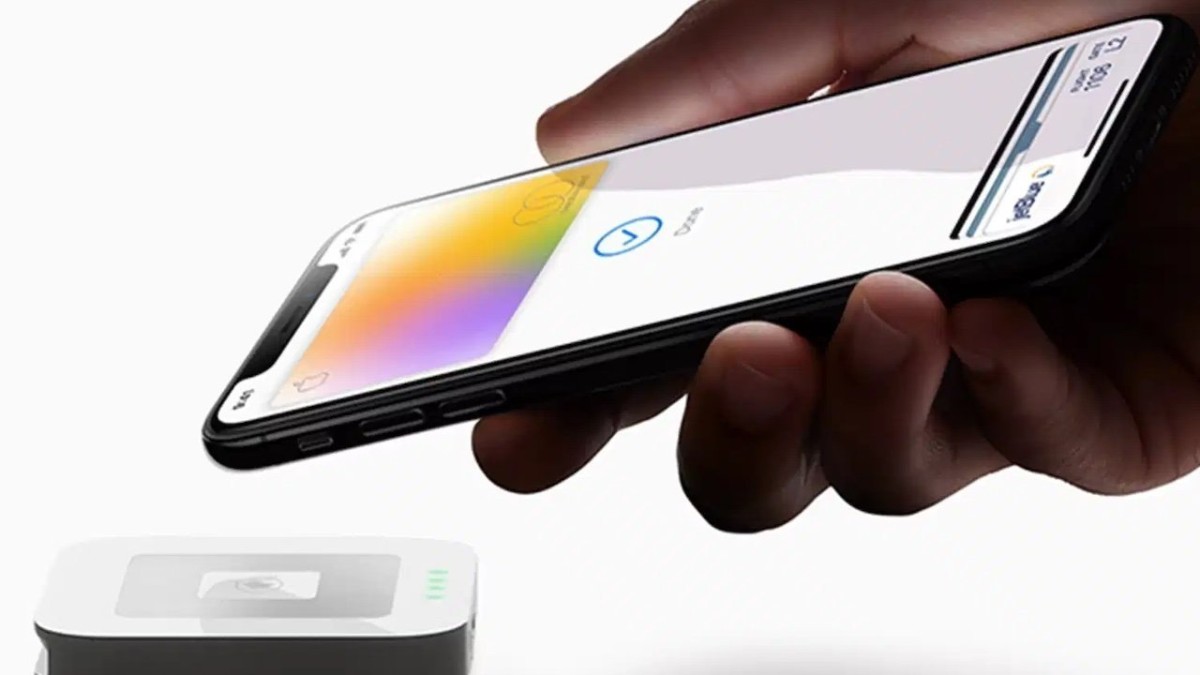In a bold move that has stirred the tech community, Oregon has officially passed a groundbreaking right-to-repair bill, directly confronting Apple's objections and putting an end to the divisive practice of parts pairing in device repairs. The legislation, championed amidst intense lobbying efforts by Apple to thwart its passage, marks a significant victory for consumer rights and repair freedom.
On an eventful Wednesday, Governor Tina Kotek of Oregon made history by signing SB 1596 into law, setting a new precedent aimed at democratizing device repairs for consumers. This pioneering legislation paves the way for individuals to either take the DIY route or opt for independent repair services, bypassing the need for authorized service centers.
At the heart of the bill is its bold stance against "parts pairing" — a term spotlighting Apple's method of linking specific components, such as screens and batteries, to individual iPhones, thereby restricting repairs to genuine Apple parts only. This practice, while defended by Apple as a means to safeguard device security and repair integrity, has been widely criticized for limiting third-party repair options, fostering a monopolistic repair ecosystem, and potentially inflating repair costs.
The bill's critics have lauded its passage, highlighting its potential to dismantle barriers erected by restrictive repair policies, thereby supporting the right-to-repair movement's goals of reducing electronic waste and expanding consumer choice.
Moreover, the legislation mandates that manufacturers make repair parts, tools, and manuals as accessible to gadget owners as they are to professional repair shops, without imposing additional charges. This requirement aims to level the playing field between consumers and authorized repair services.
It's important to note that the law draws a temporal boundary, exempting phones sold before July 1, 2021, while applying to other consumer electronics purchased after July 1, 2015. This nuanced approach signifies Oregon's intent to spearhead a more sustainable and inclusive future for technology repairs.
Although New York was the pioneer in passing a Right to Repair bill in the United States, critics have pointed out its limitations, rendering it less effective for consumer advocacy. Oregon's legislation, by contrast, stands as a robust model for future right-to-repair laws, heralding a potential shift towards greater repairability and consumer empowerment in the tech industry.






